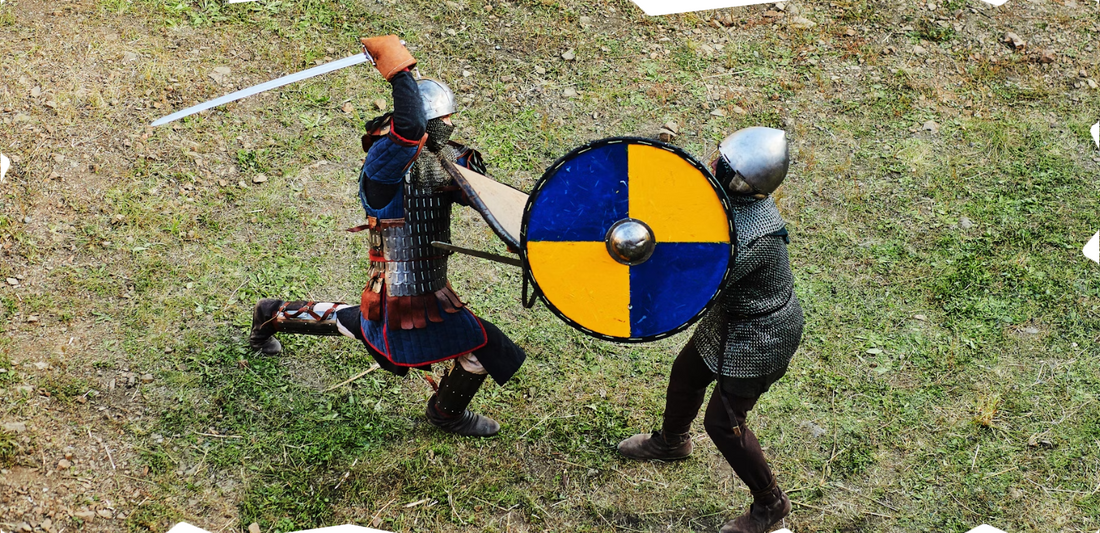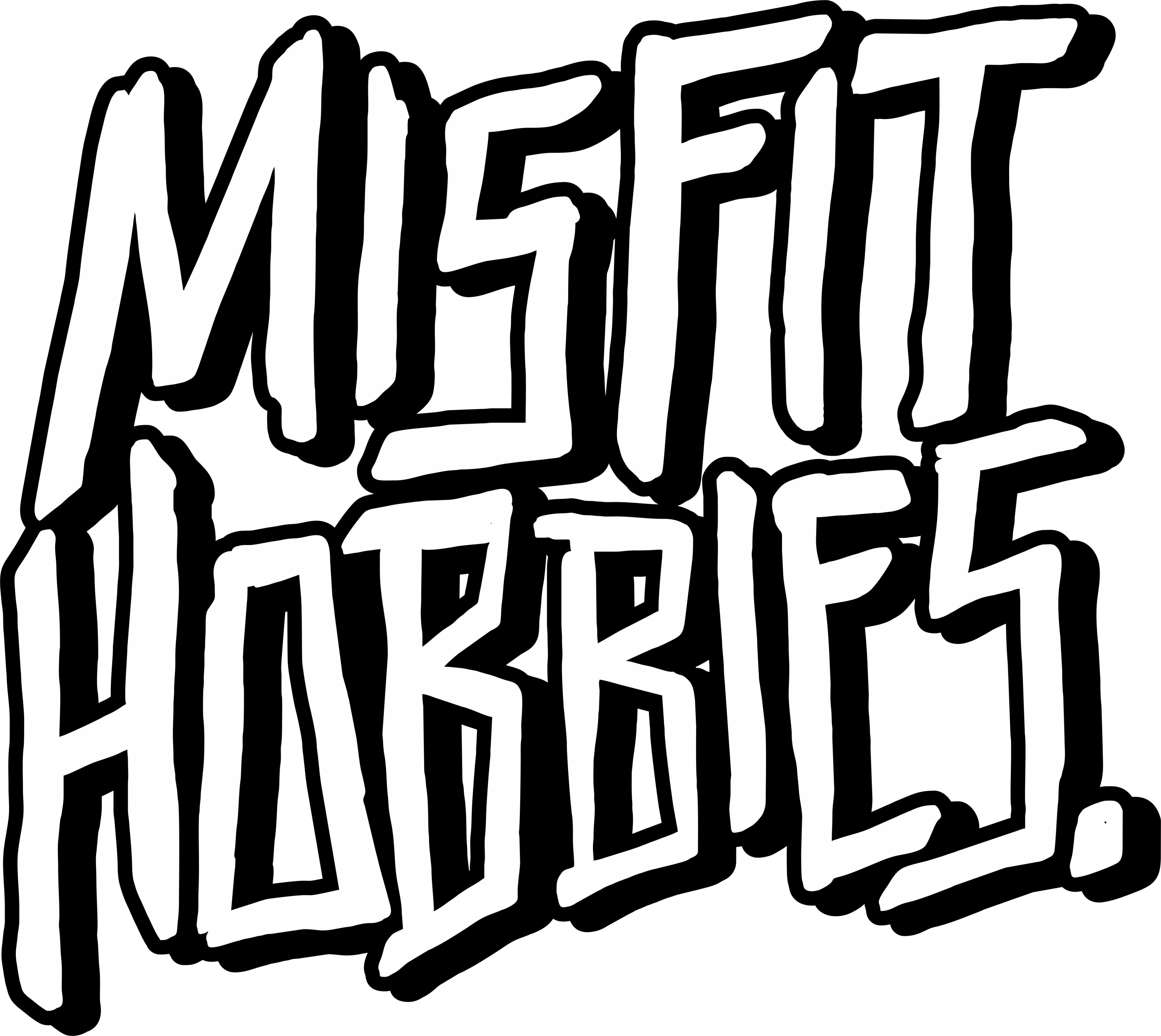
What Is A Role-Playing Game? RPG Types Explained
Share
Role-playing games, or RPGs, are a cornerstone of modern gaming culture, offering players the chance to dive into immersive worlds, shape their own narratives, and create memorable characters. Whether you're slaying dragons in a fantasy realm or navigating intergalactic politics in space, RPGs provide something for everyone.
What Are Role-Playing Games?
At its heart, a role-playing game is exactly what the name suggests—a game where you play a role. Whether you're a brave warrior, a cunning rogue, or a misunderstood villain, RPGs let you step into someone else's shoes and take part in a story that's yours to shape.
RPGs aren’t about passive experiences. Instead, they invite you to actively participate in storytelling. You’ll create a character with distinct abilities, make choices that impact the narrative, and sometimes, roll dice to determine your fate. From tabletop adventures to cutting-edge video games, the essence of RPGs lies in their ability to merge creativity with mechanics.
Types Of RPG Games
The RPG genre has grown tremendously over the years, splitting into various subgenres that cater to different preferences. Here’s a breakdown of the most popular types:
MMORPG (Massively Multiplayer Online Role-Playing Game)
MMORPGs like World of Warcraft or Final Fantasy XIV allow thousands of players to inhabit the same persistent online world. Players can team up for epic battles, explore vast landscapes, or engage in trade and politics. The defining feature of MMORPGs is their social element, as interactions with other players shape much of the experience.
ARPG (Action Role-Playing Game)
In ARPGs like Diablo or Elden Ring, combat takes centre stage. These games emphasise fast-paced, real-time action over turn-based strategy, offering visceral gameplay while still delivering the character growth and narrative depth typical of RPGs. They’re perfect for players who love both storytelling and adrenaline-fueled battles.
CRPG (Computer or Console Role-Playing Game)
CRPGs are the digital counterparts of traditional tabletop games. Titles like Baldur’s Gate and Divinity: Original Sin take cues from tabletop mechanics, offering deep character customisation, strategic combat, and branching storylines. These games often feature isometric perspectives and rely heavily on player decision-making.
JRPG (Japanese Role-Playing Game)
JRPGs, such as Final Fantasy and Persona, are a unique subset of RPGs with a focus on intricate narratives and stylised visuals. They often feature turn-based combat, linear storytelling, and predefined characters. JRPGs are known for their emotional depth and thematic storytelling, making them a favourite among fans of immersive plots.
WRPG (Western Role-Playing Game)
WRPGs, like The Elder Scrolls V: Skyrim or The Witcher 3, give players unparalleled freedom. With expansive open worlds and highly customisable characters, these games are about player agency. WRPGs often present moral dilemmas and encourage exploration, with stories shaped by the player’s choices.
TTRPG (Tabletop Role-Playing Game)
Tabletop RPGs like Dungeons & Dragons are the roots of the genre. Played with a group of friends around a table (or virtually), these games focus on collaborative storytelling. A Game Master (GM) leads the narrative while players describe their characters’ actions, roll dice to resolve conflicts, and shape the story as they go. TTRPGs thrive on creativity and teamwork.
What Are RPG Classes?
Another hallmark of RPGs is the concept of classes, which define a character’s abilities and role within the game. Whether you're playing a video game or a tabletop campaign, choosing the right class is key to your experience.
- Warrior/Fighter: Masters of combat, they excel in melee battles, wielding swords, axes, and shields. Warriors often serve as tanks, protecting their allies.
- Mage/Wizard: These spellcasters harness the power of magic, from healing spells to devastating elemental attacks. They’re powerful but often fragile.
- Rogue/Thief: Agile and stealthy, rogues excel in avoiding detection, setting traps, and landing critical hits.
- Cleric/Healer: Essential for survival, clerics provide healing, buffs, and protection for their party.
- Ranger: Experts in ranged combat, rangers are often skilled hunters and survivalists.
- Paladin: A blend of fighter and cleric, paladins are holy warriors sworn to protect and serve.
Each class adds depth to gameplay, encouraging players to experiment with different playstyles and strategies. Some games also offer hybrid classes or let players build entirely custom characters.
Why RPGs Matter
Role-playing games aren’t just about entertainment—they’re about connection. Whether you're bonding with friends during a tabletop session or navigating the choices of a lone adventurer in a digital world, RPGs create moments that linger long after the game ends.
Every character you build, every choice you make, and every story you tell adds to the magic of RPGs. It’s this personal touch that makes the genre endlessly captivating.
So whether you’re rolling dice, clicking through dialogue trees, or exploring open worlds, know this: you’re not just playing a game. You’re creating a story that’s uniquely yours.
